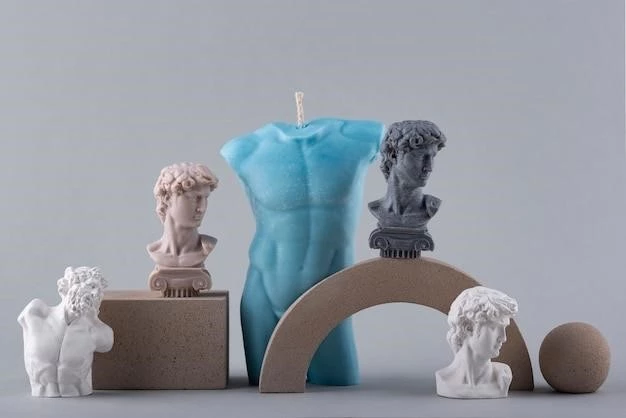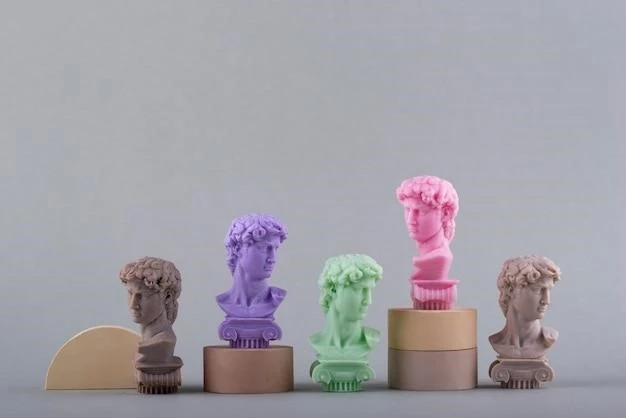Mythology, a tapestry woven from ancient tales, beliefs, and rituals, has played a pivotal role in shaping cultures across the globe throughout human history․ More than mere stories, myths serve as foundational narratives that explain the world, define societal values, and provide a sense of identity and belonging․ From the epic poems of ancient Greece to the indigenous folklore of the Americas, mythology has left an indelible mark on human consciousness, profoundly influencing art, literature, language, and social customs․

Mythology as a Tool for Understanding the World
In the absence of scientific explanations for natural phenomena, early civilizations turned to mythology to make sense of the world around them․ Myths provided explanations for the origins of the universe, the cycle of seasons, the existence of natural disasters, and the complexities of human emotions․ For instance, the ancient Greeks explained the changing seasons through the myth of Demeter and Persephone, while Norse mythology attributed thunder and lightning to the mighty hammer of Thor․ These myths, though fantastical in nature, offered a framework for understanding the unknown and instilled a sense of order in a seemingly chaotic world․
Shaping Moral and Social Values
Mythology played a crucial role in establishing and transmitting moral and social values within a culture․ By depicting the deeds and consequences faced by gods, heroes, and monsters, myths served as cautionary tales that reinforced socially acceptable behaviors․ The Greek myth of King Midas, for example, served as a warning against greed and the dangers of unchecked ambition․ Similarly, the story of Arachne, who was transformed into a spider for her hubris, highlighted the importance of humility and respect for the gods․ These narratives, often passed down through generations, served as a moral compass, guiding individuals towards virtuous conduct and societal harmony․
Forging Cultural Identity and Belonging
Myths play a significant role in fostering a sense of shared identity and belonging within a cultural group․ By connecting individuals to a common ancestry, history, and belief system, myths create a powerful sense of continuity and shared heritage․ The ancient Egyptians, for instance, strongly identified with the myth of Osiris, which reinforced their beliefs in resurrection and the afterlife, ultimately influencing their burial practices and societal structure․ In a similar vein, the Aboriginal Australians’ intricate web of Dreamtime stories connects them to their ancestral land and reinforces their spiritual connection to the natural world․ These shared narratives bind individuals together, creating a sense of collective identity and belonging․
Influence on Art, Literature, and Language
The influence of mythology extends far beyond the realm of belief systems, permeating the realms of art, literature, and language․ From the majestic sculptures of ancient Greece to the evocative plays of Shakespeare, myths have served as an endless source of inspiration for artists and writers throughout history․
Examples of Mythological Influence:
- Visual Arts: Michelangelo’s iconic statue of David draws inspiration from the biblical story of David and Goliath, while Botticelli’s masterpiece “The Birth of Venus” depicts the Roman goddess of love and beauty․
- Literature: Homer’s epic poems, The Iliad and The Odyssey, have captivated readers for centuries with their tales of gods, heroes, and epic battles; Similarly, Virgil’s Aeneid draws heavily on Roman mythology, shaping Western literature for generations․
- Language: Many words and phrases in the English language have their roots in Greek and Roman mythology․ Words like “narcissistic,” “herculean,” and “Pandora’s box” all stem from classical myths, highlighting the enduring influence of these ancient stories on our language․

The Enduring Legacy of Mythology
Though often viewed through the lens of ancient civilizations, mythology continues to hold relevance in the modern world․ The enduring themes of love, loss, heroism, betrayal, and the struggle between good and evil resonate with contemporary audiences, reminding us of the timeless nature of the human experience․ Myths continue to inspire artists, writers, and filmmakers, shaping contemporary narratives and providing a rich tapestry of archetypes and symbols․ Moreover, the study of mythology offers valuable insights into the human psyche, cultural evolution, and the enduring power of storytelling․
In conclusion, mythology has played an indispensable role in shaping cultures throughout human history․ From explaining the natural world to shaping moral values and fostering cultural identity, myths provide a foundational narrative that continues to influence our perceptions, beliefs, and creative expressions․ As we navigate the complexities of the 21st century, the enduring legacy of mythology reminds us of the power of stories to connect us, inspire us, and provide meaning in an ever-changing world․










